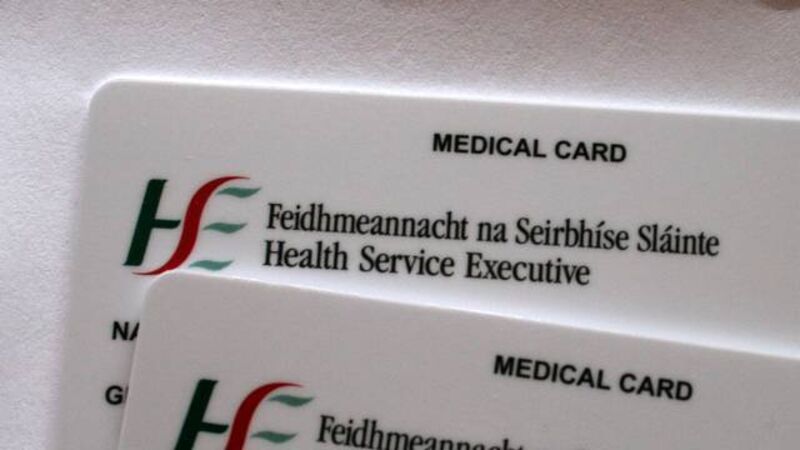Income threshold for medical card eligibility has stayed same for two decades, committee told

Paul Flanagan, Principal Officer with the Department of Health, acknowledged that the income threshold for younger people has not changed for “something in the region of 20 years”.
It is “extraordinary” that the “shockingly low” financial threshold for medical card eligibility has not been adjusted for over 20 years, the Oireachtas Health Committee heard on Wednesday.
The Department of Health was before the committee discussing two areas under the General Scheme of the Health (Miscellaneous Provisions) Bill 2023.










